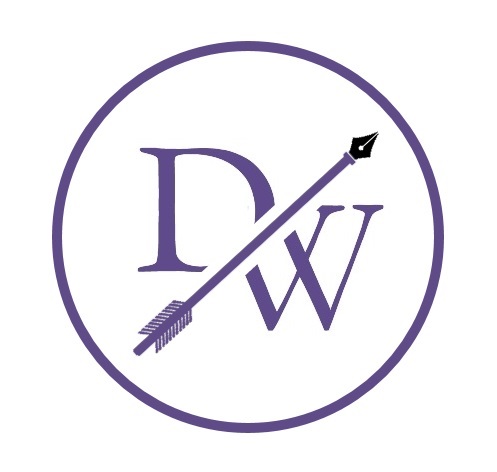You have questions–we have answers.
Q: What’s the difference between proofreading, copy editing, and structural editing?
A: A structural edit addresses major issues pertaining to the overall work (organization, tone, character development, pace). A heavy copy edit will correct all errors in grammar and usage, problems with organization, transitions, logic, and repeated words. A light copy edit will correct all clear errors with grammar, syntax, and usage, indicate major issues with wordiness or imprecise wording. Proofreading will correct typos and simple errors as well as typesetting and design issues prior to going to print.
Q: Why do you charge by the word instead of by the page or by the hour?
A: Every written document varies structurally. One person may write in a way that puts 250 words on a page versus 350 words. Charging by the word is the most precise way to ensure that you’re not over charged. For projects book composition or other projects which do not involve direct editing a flat rate will be quoted.
Q: What’s your average response time?
Because every project has different needs, we have a workflow to allow us to give you a precise and accurate estimate.
1. Send a sample (first chapter) and specify your deadline.
2. We will return the sample edit to you along with a proposal for services which includes a timeline.
3. Once the terms are agreed upon, you will receive a contract and work will begin.
Q: Do you check for plagiarism?
A:If we detect a clear and significant issue with a project, we will return it as the work needs to be addressed and corrected in ways that we cannot take responsibility for.
Q: Why should I trust you?
A:When we were younger, we were told not to meet people over the Internet and get into cars with strangers, and now there’s UBER! But we do understand that it can feel unnerving to send off your work to a third party. As such, you will receive a contract at the start of work which will spell out our promise not to copy, distribute, or reuse in any way your original work whether digitally, verbally, or in print. Your work is your unique property, and our only goal is to help you improve it.
Q: What style do you use for editing?
A: What style do you need? We prefer Chicago Manual of Style for fiction, but if you have a nonfiction/academic project which requires a specific style for the discipline (e.g., MLA), let us know.
Q: What other services do you offer?
A:In addition to editorial services, we can assist with historical research, dialect accuracy in dialogue, anachronism checking, document formatting, and other related services. Send us an email with your idea, and we’ll reply!
Q: Are you affiliated with any writing organizations?
A: We’re professional members with the Tallahassee Writers Association and have worked with many of them on their book projects, as well as helping edit the Seven Hills Review, which is the anthology of winners from the Seven Hills Literary Contest and Penumbra Poetry and Haiku Contest.
Q: Could you explain your logo?
A:We use the monogram DW (Draft Works) as the basis for our logo. The arrow piercing the two letters has a fountain pen tip, symbolizing that the pen is mightier. Draft Works uses Pantone Ultra Violet 18-3838, in honor of the artist forever known as Prince.


